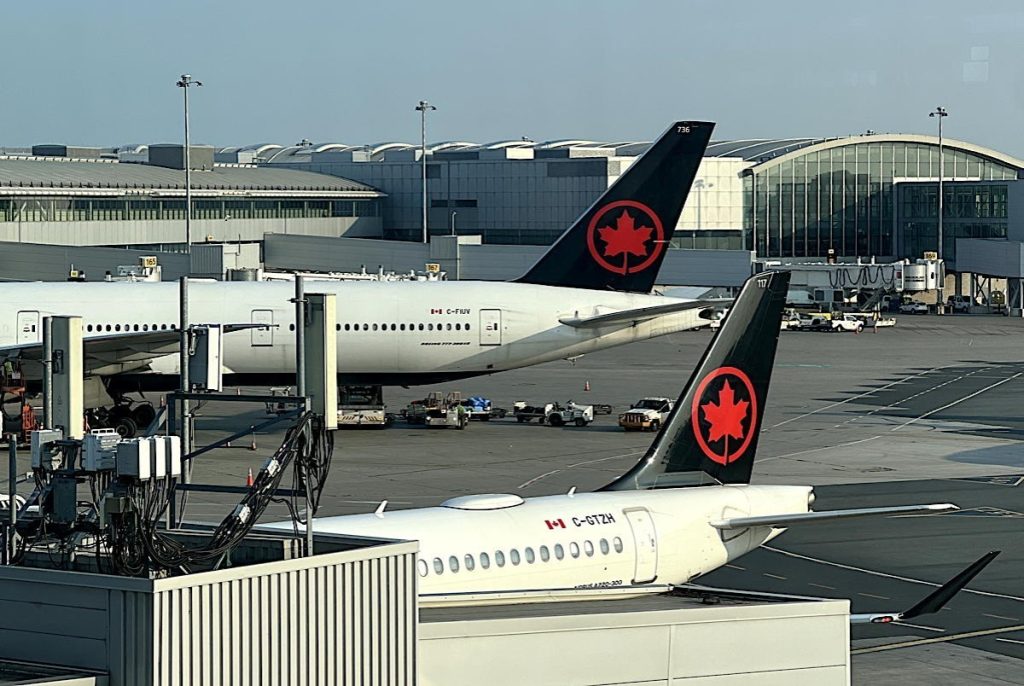Air Canada Flight Attendants End Strike, Airline to Resume Operations Gradually

Air Canada will restart operations as the union representing its flight attendants has ended the strike. This marks the first cabin crew strike in four decades, which had disrupted travel plans for hundreds of thousands of passengers.
The nearly four-day work stoppage forced the airline, which serves roughly 130,000 travelers daily, to withdraw its earnings guidance for both the third quarter and the full year. Following news of the strike’s resolution, Air Canada’s shares rose by 4% in early trading, although they remain down 14% for the year.
The airline plans to resume flights gradually, with a full return to normal service potentially taking a week or more. The union announced it has completed mediation with both Air Canada and its budget subsidiary, Air Canada Rouge. The Canadian Union of Public Employees (CUPE) shared on social media that a tentative agreement has been reached and will be presented to its members.
Air Canada noted that some cancellations will continue over the next seven to ten days until schedules stabilize. Passengers affected by canceled flights are being offered refunds, travel credits, or the option to rebook with other airlines.
The strike began last Saturday after contract negotiations broke down. Flight attendants were seeking pay for certain tasks performed on the ground, such as boarding passengers. While specifics of the agreement have not been disclosed, the union confirmed that unpaid work will no longer be expected.
Representing 10,400 flight attendants, CUPE aimed to secure pay for work beyond what recent agreements with U.S. carriers have included. Despite a ruling by the Canada Industrial Relations Board declaring the strike illegal, the union persisted, leading to a standoff involving the airline, its employees, and the government.
Canada’s Jobs Minister encouraged both parties to engage in government mediation and vowed to investigate claims of unpaid labor in the airline industry.
Across sectors like aerospace, construction, airlines, and rail, unions have been pushing for higher wages, better benefits, and improved working conditions amid a tight labor market. Air Canada’s flight attendants had long argued their contracts should compensate work done while on the ground.
The airline’s CEO recently defended an offer that included a 38% increase in total compensation for flight attendants but did not propose new solutions to end the dispute.
While many travelers supported the flight attendants, frustration grew over flight disruptions. For example, retiree Klaus Hickman missed a flight to Toronto but managed to rebook elsewhere. Though he empathizes with workers seeking better pay, he worries about his own health and travel needs.
Air Canada normally transports around 130,000 passengers daily and is part of the Star Alliance network.
Another affected passenger, James Numfor from Regina, Saskatchewan, was stranded in Toronto with his family for two nights after returning from a funeral in Cameroon. He said the airline provided only one night in a hotel and no further assistance, forcing them to sleep in the airport.
